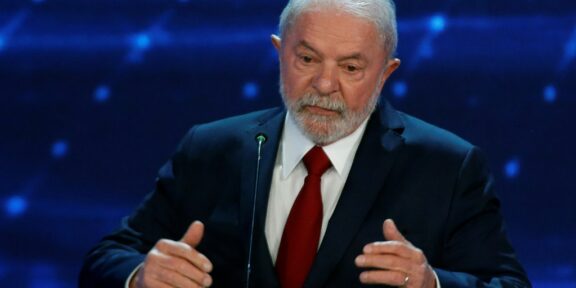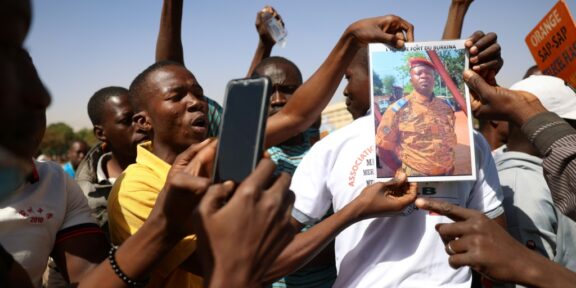Tunisian President Kais Saied has taken steps allowing him effectively to rule by decree, almost two months after an initial power grab which opponents labelled a coup.
The measures announced on Wednesday strengthen his powers at the expense of the prime minister’s office and parliament.
That comes after he sacked the government on July 25, suspending parliament, removing lawmakers’ immunity and putting himself in charge of prosecutions.
– What do the latest measures mean for the North African country? –
Saied will now rule and pass laws by decree, without the need for a vote in parliament, which remains suspended. Under Wednesday’s rulings, the president “exercises executive power with the help of a Council of Ministers” with a head of government acting as his deputy.
Constitutional expert Chafik Sarsar says that while parliament has not been definitively dissolved, Saied has implemented a “mini-constitution” that breaks with the hybrid parliamentary-presidential system established by Tunisia’s 2014 post-revolution constitution.
“This appears to be a temporary rearrangement of powers… to prepare for a transition towards a new constitutional order,” Sarsar told AFP.
– Does this represent a fundamental change in Tunisia’s political system? –
Analyst Salah al-Din al-Jourshi agrees that Saied is moving to transform the political order.
“He is very clear in his aims: he wants change, not just installing a presidential system but also transforming relations between the head of state and the public,” he said.
Wednesday’s decrees aim to rebalance a system Saied sees as biased in favour of parliament, he added.
“In his eyes, political parties are an obstacle.”
Tunisia has seen years of political deadlock since its 2011 revolution, with fractious coalitions and short-lived governments proving unable to resolve pressing social and economic crises.
Elections in 2019 produced another fragmented parliament that once again allowed Saied’s nemesis, the Islamist-inspired Ennahdha party, to dominate the government.
The resulting legislative deadlock, crippling a country hit hard by the coronavirus pandemic, meant Saied’s July 25 power grab enjoyed significant public support.
But civil society groups have warned against a slide towards authoritarianism that would wipe out Tunisia’s democratic gains a decade after the revolution toppled longtime dictator Zine El Abidine Ben Ali.
Vincent Geisser, a researcher at France’s IREMAM think tank, said Wednesday’s decrees had “turned the page on the first phase of democratisation” in Tunisia and made official a slide towards “authoritarianism”.
The measures “marginalise parliament and the political parties, with executive power exclusively centred around the president, and a government that is nothing more than an administration in the service of the president.”
– Are these measures temporary or will they stay? –
Officially, Saied’s moves are “exceptional measures” — but he has de facto suspended parts of the constitution regulating the separation of powers.
On Wednesday, he also announced he would appoint a commission to “prepare proposed amendments” to the political system.
Saied has repeatedly hinted in recent weeks that he wants to amend the 2014 constitution.
Tunisian media have speculated that Saied could propose a new constitution and electoral law for referendum, followed by new elections.
Vincent Geisser, a researcher at the CRNS institute in France, says Saied’s moves go beyond “restoring order”, aiming at forming “a new political regime centred on the president”.
Jourshi agreed.
“A key part of Saied’s programme has started to crystallise — a move towards a presidential system,” he said.
– How will civil society and political parties react? –
The first key player to respond to Wednesday’s announcement was the Ennahdha party.
Key figure Samir Dilou said Tunisia was undergoing “a transition from democracy towards government by a single man”.
Ennahdha official Mohammad Al-Goumani said Saied was “drawing Tunisia into a dangerous zone”.
Jourshi suggested that Saied could have involved civil society and political parties in the writing of a new constitution.
ayj-fka/par/kir









